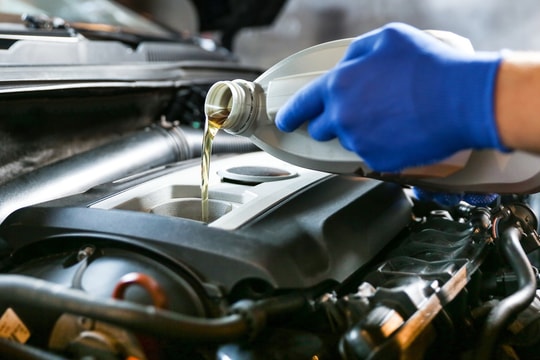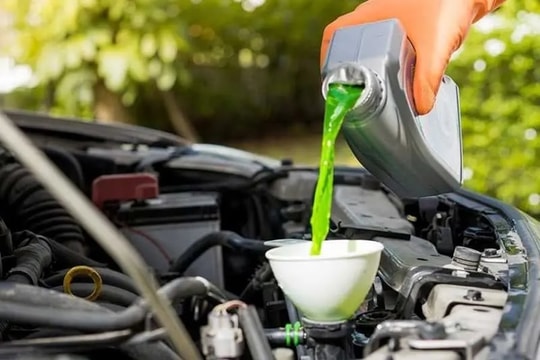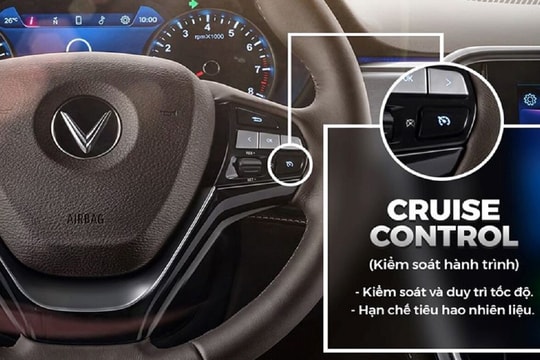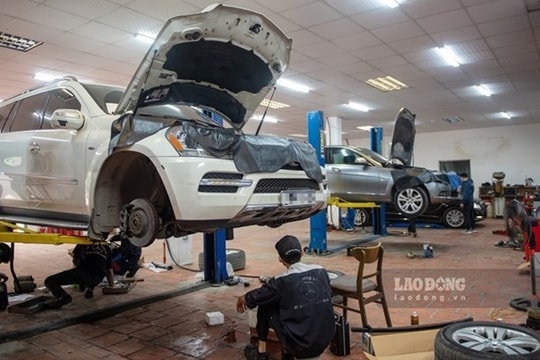"Diagnosing" car engines through noise
(Baonghean.vn) - One day when driving to work and you hear loud banging noises in the engine, knocking noises when accelerating or sounds like wind whistling... coming from the engine, these are symptoms that show your car needs repair.
Knocking sound in the engine
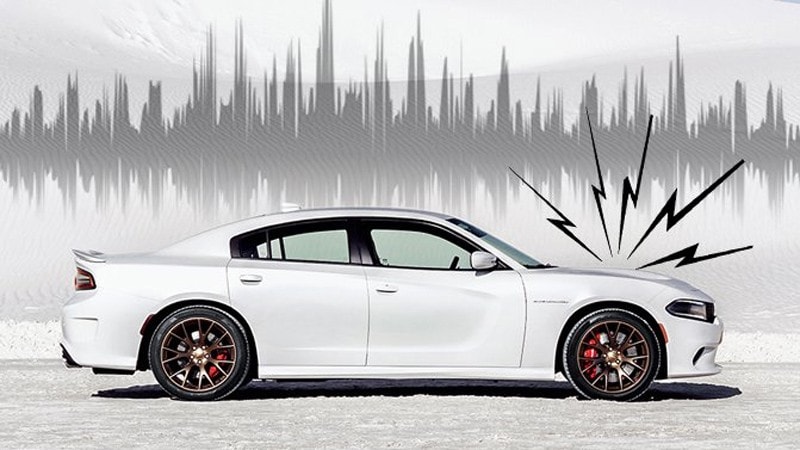 |
This is usually bad news, as the loud banging is usually caused by worn or loose connecting rod bearings. Sooner or later the bearings will fail, or the bearings will seize the crankshaft, or the connecting rods will fail. In either case, a major overhaul is inevitable.
This damage can be the result of using low viscosity oil, operating the engine under low oil pressure, dirty oil or incorrect engine disassembly, loose engine mounting bolts and nuts.
Knocking sound when accelerating
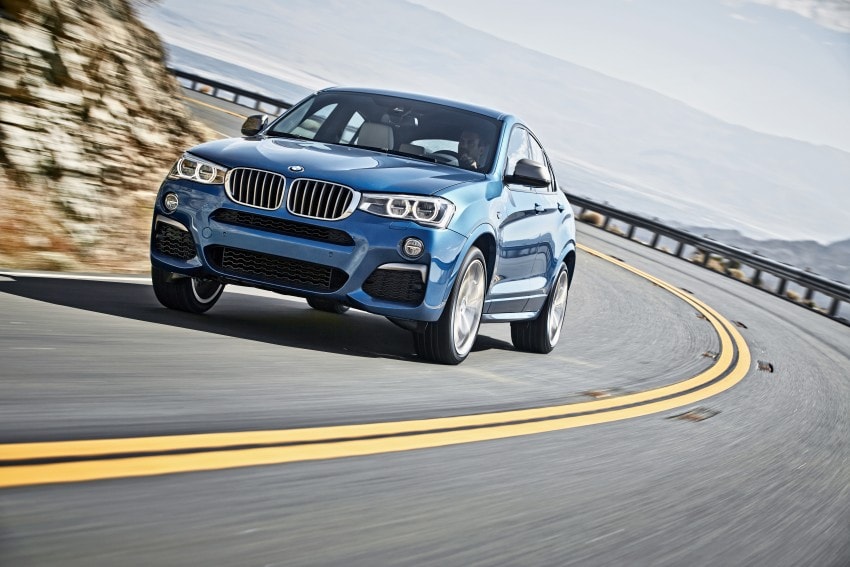 |
This could be a knocking phenomenon caused by a malfunctioning EGR valve, a misfired ignition control, engine overheating, carbon buildup in the combustion chamber, or using low octane gasoline.
Noise coming from the jack
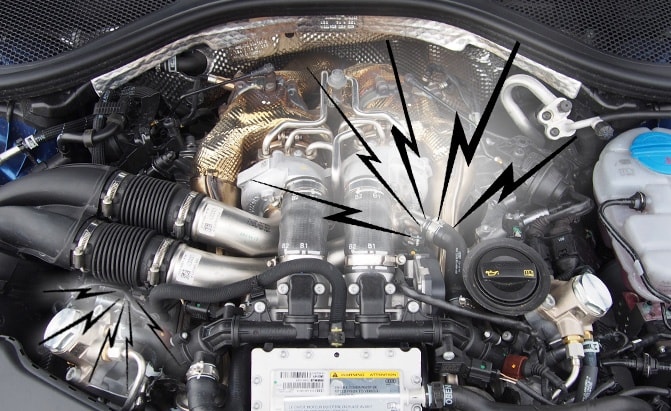 |
This is the intermediate power transmission part between the valve and the cam. Worn or rusted lifters cause it to work out of sync with the cam and valve, creating noise. This also causes increased thermal clearance.
Sound like the whistling wind
When you start your car and hear a whistling sound coming from the engine, it is very likely that the engine's cooling system or the engine's vacuum line is leaking. This phenomenon can cause the engine to overheat and make the car consume more fuel.
The sound of metal hitting under the car
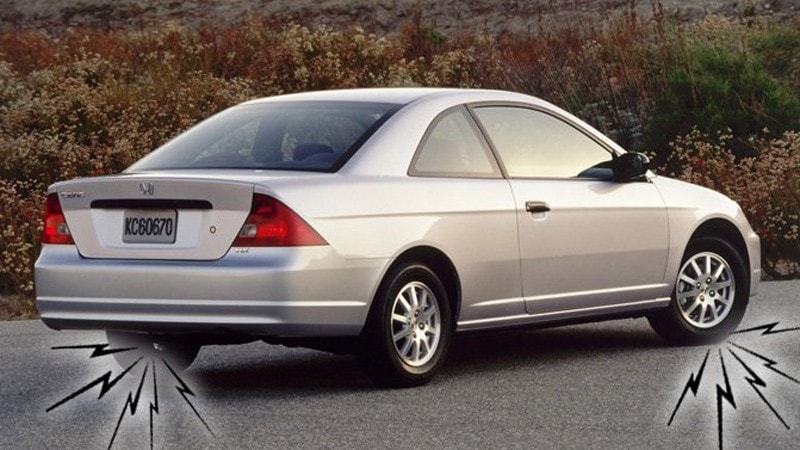 |
When going over rough roads, speed bumps or potholes and hearing a metallic noise under the car, you should consider the following parts: tie rods/ball joints, tie rods, stabilizer bars or exhaust system.
The sound of a repetitive click
Does your car have front-wheel drive and when moving at low speed it makes a repetitive clicking sound? This is a warning sign of problems with the joints of the transmission. If the sound is coming from the rear of the car, it may be a problem with the rear drive.
"Clacking" or "squeaking" noise in the wheels
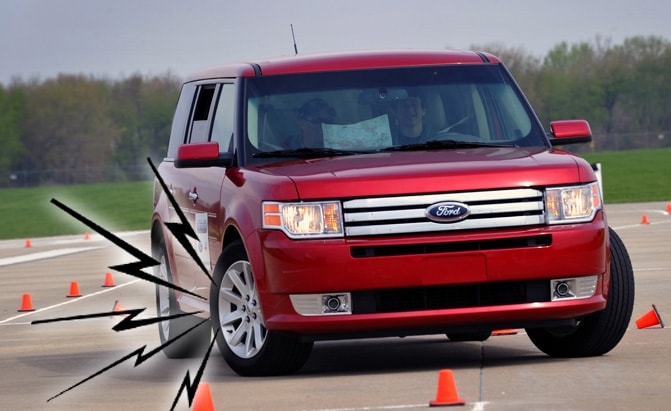 |
A grinding noise like the sound of train wheels, especially when steering at low speed, can be a sign of a damaged synchronizer joint. This part is the most severe area on the car when it transmits power from the engine to the wheels, resists the resistance from the road surface and allows the steering to be directed as desired by the driver, so you should take your car to be repaired as soon as you see "signs of trouble".

